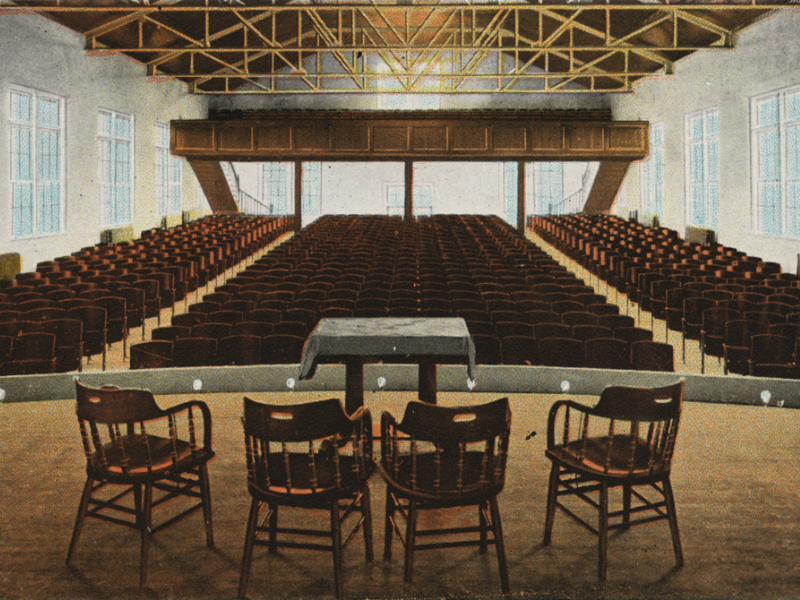A panel discussion about the current climate faced by Jewish students on campus that was scheduled for Jan. 8 has been postponed after the organizers learned of plans to disrupt the event.
The panel, which was organized by York University’s Israel and Golda Koschitzky Centre for Jewish Studies, was set to take place in downtown Toronto and feature Marc Newburgh, the CEO of Hillel Ontario, Alexander Joffe, editor and BDS monitor for Scholars for Peace in the Middle East, and Mira Sucharov, a professor of political science at Carleton University.
Carl Ehrlich, a professor of biblical studies at York and director of the Israel and Golda Koschitzky Centre for Jewish Studies, said “online chatter” about disrupting the event necessitated a change in venue due to the unanticipated security concerns, and the change could not be arranged in time for the scheduled date of the event.
The Jewish Defence League (JDL) posted a note online saying that it had successfully got the “event with BDS enabler Mira Sucharov” cancelled, which Ehrlich called “nonsensical,” as he expects the event to take place at a later date. He did, however, acknowledge that the JDL caused the postponement of the event by necessitating unexpected security measures.
Ehrlich said that he received complaints about the presence of both Joffe and Sucharov on the panel. Because Joffe’s title includes “BDS,” apparently some people believed he was a proponent of BDS, “which is completely incorrect,” said Ehrlich. “He’s the one who monitors BDS activities for the very pro-Israel Scholars for Peace in the Middle East,” Ehrlich noted.
Some people also alleged, both online and in emails to Ehrlich, that Sucharov is a proponent of BDS. Yet he noted that Sucharov is a respected member of the Association for Jewish Studies. Likewise, she publicly stated in The CJN in 2016 that, “I have gone on record many times opposing the end game of BDS.”
“All three of our panelists are pro-Israel,” Ehrlich continued. “While they may hold different views about how to achieve peace in the Middle East, this event is about the climate for Jews on university campuses and what steps might be taken to address the issues they face.”
Ehrlich said the panelists were chosen to represent a diversity of opinions within the context of the larger Jewish community about what Jewish students face at university, which he called “an issue of central concern to all of us.” He also said that it is the goal of academic organizations to present different perspectives.
“The people who are objecting to this panel are presenting it as if it were a BDS panel and as if we were trying to advocate a pro-BDS perspective or force a pro-BDS perspective on unsuspecting students – nothing of which could be farther from the truth,” Ehrlich said.
“This is not a program that we had planned for student audience. This was a program we had planned for a concerned community audience to try to bring academic discussion of a particular issue to this audience.”
Sucharov said she commends the Centre for Jewish Studies for not buckling under pressure and continuing to commit to the event.
“This is an academic event. It is sponsored by a university centre.… I am a scholar who is active in publishing, speaking, writing and teaching in a Jewish studies context. And when a scholar is invited at the behest of a scholarly centre within a university, nothing more than scholarly credentials should be part of the public conversation as to whether someone should or shouldn’t be part of a panel,” she said.
“Open discourse within universities and the maintenance of academic freedom is a cornerstone of democracy. And so any attempted interference with that, and any buckling to such pressure, would be undermining the role and purpose of the university.”
